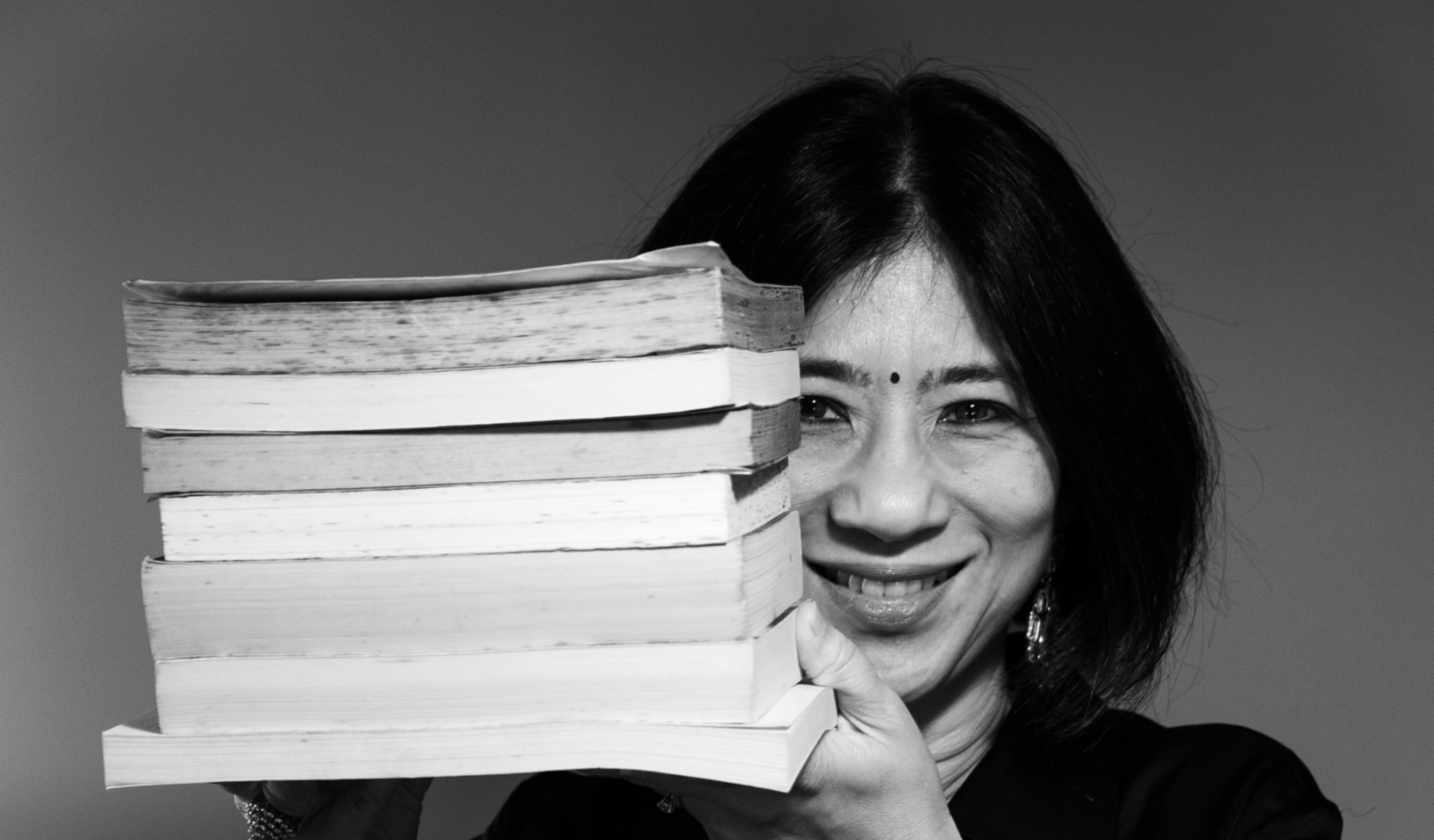Viji Krishnamoorthy's first-ever novel isn’t just a 15-year-journey that finally came to fruition—it's also a powerful, sobering story about the best and worst of humankind
In-between the conflicts of war, the clashing of cultures as well as the personal struggles of the protagonists as they wrestle with both heart and mind, 912 Batu Road is a cleverly woven tale of fact and fiction, interspersed with personal instances of author Viji Krishnamoorthy’s life.
From the unique retelling of forgotten war heroes like Gurchan Singh and Sybil Kathigasu, to the little not-so-secret life of the author, like how the book’s title is actually based on the house her father grew up in, this gripping tale is a timely reminder that despite the tumultuous times we live in today, there’s always a better tomorrow to strive towards.
Read also: First-Time Author Catherine Menon On Finding Her Voice

I understand that this story initially began as a singular chapter gifted to your husband on his birthday.
Did you know that I never intended for that chapter to become a book? There was one year when I just couldn’t figure out what to give my husband for his birthday. We were in Pangkor for a holiday where I gifted him the first chapter, handwritten with a pen. It was about this fictional moment between a fiery young Indian girl named Gomathy—whose name I scrapped and had it changed to Geeta instead—and her subdued, dutiful Indian mother. But then, my husband proceeded to tell me that I shouldn’t leave the chapter hanging and that I should develop it more seriously. It was at that moment I wondered if I’d made a mistake. I was an extremely reluctant writer, you see, I never liked calling myself one, but my husband was irritatingly persistent!
So, to finally get him off my back, we sat down, talked, and came up with the framework of the story.
What was the novel’s setting inspired by?
The first building block, so to speak, was that first chapter I gave my husband; it was written with modern-day Malaysia in mind, so it made sense to develop a past. More specifically, the ‘past’ was inspired by the migration of my grandfather who came to Malaya from India, which was a different narrative I’d wanted to explore as there's a lot of stories talking about the diaspora of Indians who left for the Americas. Correct me if I’m wrong, but the written perspective of a Tamil-Brahmin man who struggled as he sailed across the seas to get to Malaya and the journey of his progeny afterwards, which vary as they get mixed up in the local cultures, is rare. Especially when in the context of this novel, that other culture I feature in this story is the Malaysian-Chinese because I myself am of mixed parentage.
See also: 7 Book Adaptations To Watch On Netflix


